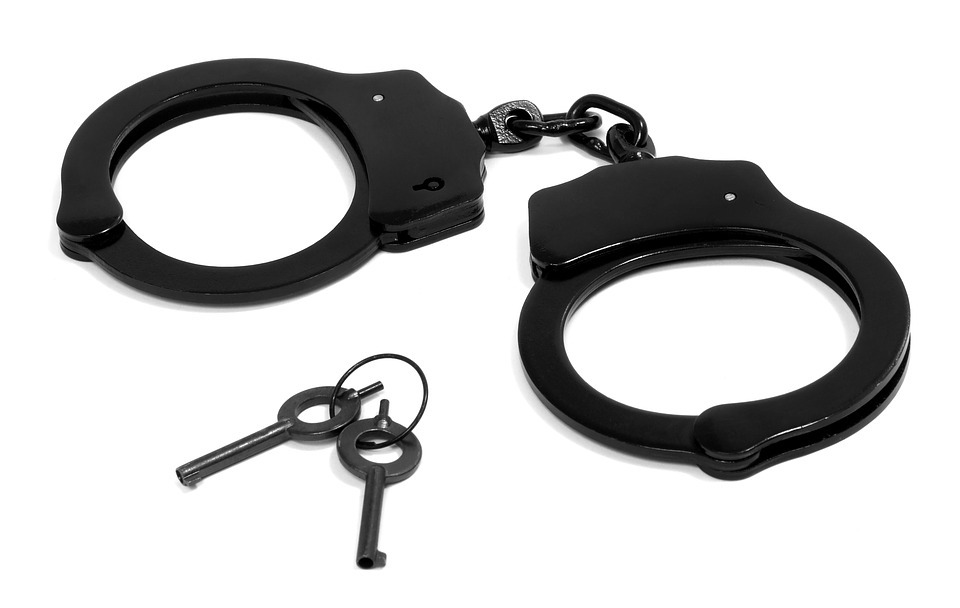Being a lawyer is quite a hard job. It takes years and years of study, learning, and practice to become a lawyer. Even after that, a lawyer has quite a tricky job because they need to be very careful in a trial process. These skills, such as presenting powerful evidence and extensive preparation, are important for a criminal defense attorney, especially when preparing for their client’s preliminary hearing questions.
Before we dive into the details, let’s find out who a criminal defense attorney is and what the term ‘preliminary hearing’ means?
Responsibility of a Criminal Defense Attorney
A criminal defense attorney has quite a tough job as they have to deal with serious cases and have to make sure they make proper and appropriate negotiations for their clients. The main job of a criminal defense attorney is to carry out research, collect information, and investigate the facts about the case they have to fight. After analyzing the case’s details against their client, they need to negotiate deals with prosecutors such as reduced bail, charges, or sentences.
Additionally, criminal defense attorneys also have a tough time with their job because they have to stay strong despite political and public pressures.
What is a Preliminary Hearing?
A preliminary hearing is an occasion in court where the judge hears the evidence and judges if there is enough evidence to allow the defendant to stand trial. The defendant doesn’t have to present evidence, but if there are any allegations against the defendant, the defendant can present their evidence. In simple words, a preliminary hearing is a mini-trial.
Ways for Criminal Defense Attorney to Have a Successful Preliminary Hearing
A criminal defense attorney, whether private or court-appointed, plays a vital role at a preliminary hearing. It is his or her responsibility to collect and present adequate information to fight the case because it is the information they present that leads the judge to decide whether a trial should be scheduled later.
While preparing for preliminary hearing questions, here are the three things that a criminal defense attorney must do to have a successful preliminary hearing:
- Have a collection of all the details and information about the case
- Ask leading questions
- Make arguments that haven’t already been made
Let’s find out how a criminal defense attorney can have a successful preliminary hearing:
Information is Key
A preliminary hearing allows a criminal defense attorney to judge their prosecutor’s case’s strengths and weaknesses with their leading witnesses’ help. Judges do not allow any questions that may impeach a witness’s credibility or other questions about illegal searches. However, a criminal defense attorney must investigate the lighting conditions of the event of a crime, how the witness is related to the case, how long it took for the crime to happen, and what was happening around the witness at the time of the crime.
Leading Questions are your Way to Go
The best way to ask preliminary hearing questions to ask leading questions to the prosecution’s witnesses. Leading questions are direct and have the answer hidden right under them. These types of questions give your criminal defense the authority to control the witness’s responses and prevent the witness from adding additional details to drag the answer.
Present Arguments that Haven’t Been Presented
A much better and more effective way of asking questions at a preliminary hearing is to present arguments that the prosecution has not presented. A criminal defense attorney’s research and information about the case should be so deep and well-done that in any case, if an argument is missing, the attorney must take full advantage of that opportunity to argue what was not argued. This will lead the judge not to dismiss the charges.
Conclusion
The job of a criminal defense attorney can be quite tough, especially at a preliminary hearing. However, if a criminal defense attorney has done investigative research about the case, if they ask leading questions and argue what has not already been argued, you can call it a successful preliminary hearing. All these things are quite important because the decision to allow the defendant to stand trial depends highly upon the evidence presented, especially if the accused is innocent in reality.

